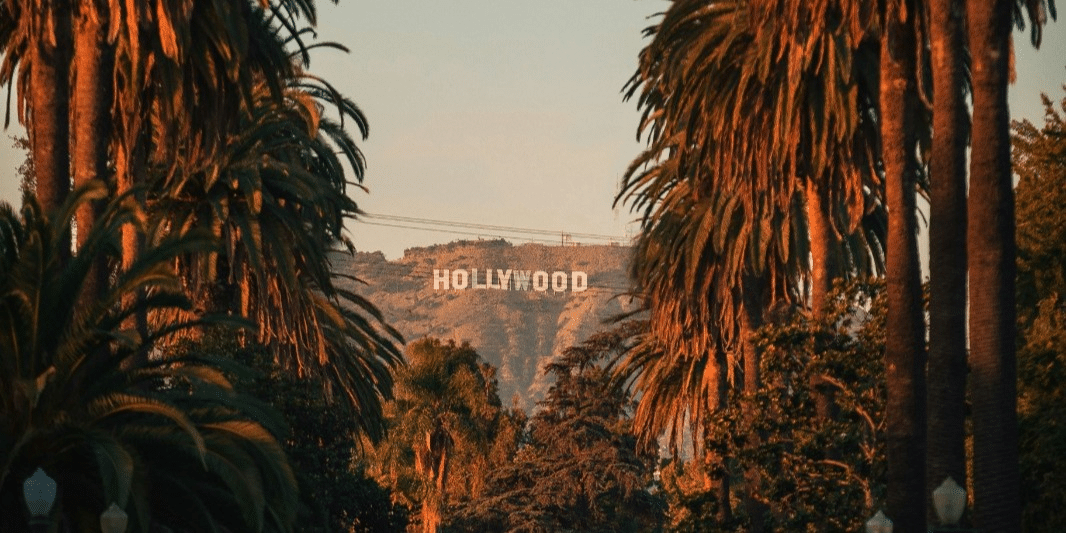The entertainment industry has undergone a monumental transformation in recent decades, propelled by advancements in technology that have revolutionized the way films are made and distributed. One of the most significant shifts has been the transition from traditional film to digital filmmaking. This transition has not only changed the technical aspects of the filmmaking process but has also had far-reaching implications for the industry as a whole. In this article, we explore the reasons behind Hollywood’s transition from film to digital and the impact it has had on the world of cinema.
The Rise of Digital Technology
The emergence of digital technology in the late 20th century marked a turning point in the history of filmmaking. Digital cameras offered filmmakers new levels of flexibility, affordability, and creative freedom, allowing them to capture and manipulate images in ways that were previously unimaginable with traditional film. As digital technology continued to evolve and improve, it became increasingly clear that it would eventually eclipse film as the preferred medium for capturing and distributing motion pictures.
Advantages of Digital Filmmaking
One of the primary drivers behind Hollywood’s transition to digital was the numerous advantages it offered over traditional film. Digital cameras allowed filmmakers to shoot in a wider range of environments and lighting conditions, resulting in greater versatility and efficiency on set. Additionally, the ability to preview footage instantly and make real-time adjustments empowered filmmakers to experiment and iterate more freely, leading to greater creativity and innovation in storytelling.
Cost Savings and Accessibility
Another compelling factor in Hollywood’s embrace of digital technology was the cost savings and accessibility it provided. Digital cameras and editing software became increasingly affordable and user-friendly, democratizing the filmmaking process and opening doors for aspiring filmmakers with limited resources. Furthermore, the elimination of expensive film stock, processing, and distribution costs made digital filmmaking a more cost-effective option for studios and independent filmmakers alike.
The Shift to Digital Distribution
In addition to changes in production technology, the rise of digital distribution platforms transformed the way films were consumed by audiences. With the advent of streaming services and video-on-demand platforms, audiences gained unprecedented access to a vast array of content from the comfort of their own homes. This shift in consumer behavior forced Hollywood to adapt to new distribution models, further accelerating the transition to digital filmmaking.
Creative Opportunities and Visual Effects
Digital technology has also opened up new creative opportunities for filmmakers, particularly in the realm of visual effects (VFX). The use of computer-generated imagery (CGI) and other digital techniques has revolutionized the way films are visualized and brought to life on screen. From epic superhero blockbusters to intimate indie dramas, digital effects have become an integral part of modern filmmaking, pushing the boundaries of what is possible in terms of storytelling and visual spectacle.
New Horizons with Digital
Hollywood’s transition from film to digital has been driven by a combination of technological advancements, cost savings, and shifting consumer preferences. Digital technology has revolutionized every aspect of the filmmaking process, from production and post-production to distribution and exhibition. While the transition has presented challenges and uncertainties for some traditionalists, it has also opened up new horizons and opportunities for filmmakers to explore. As technology continues to evolve and shape the future of cinema, one thing remains clear: the digital revolution has forever changed the landscape of Hollywood filmmaking.






